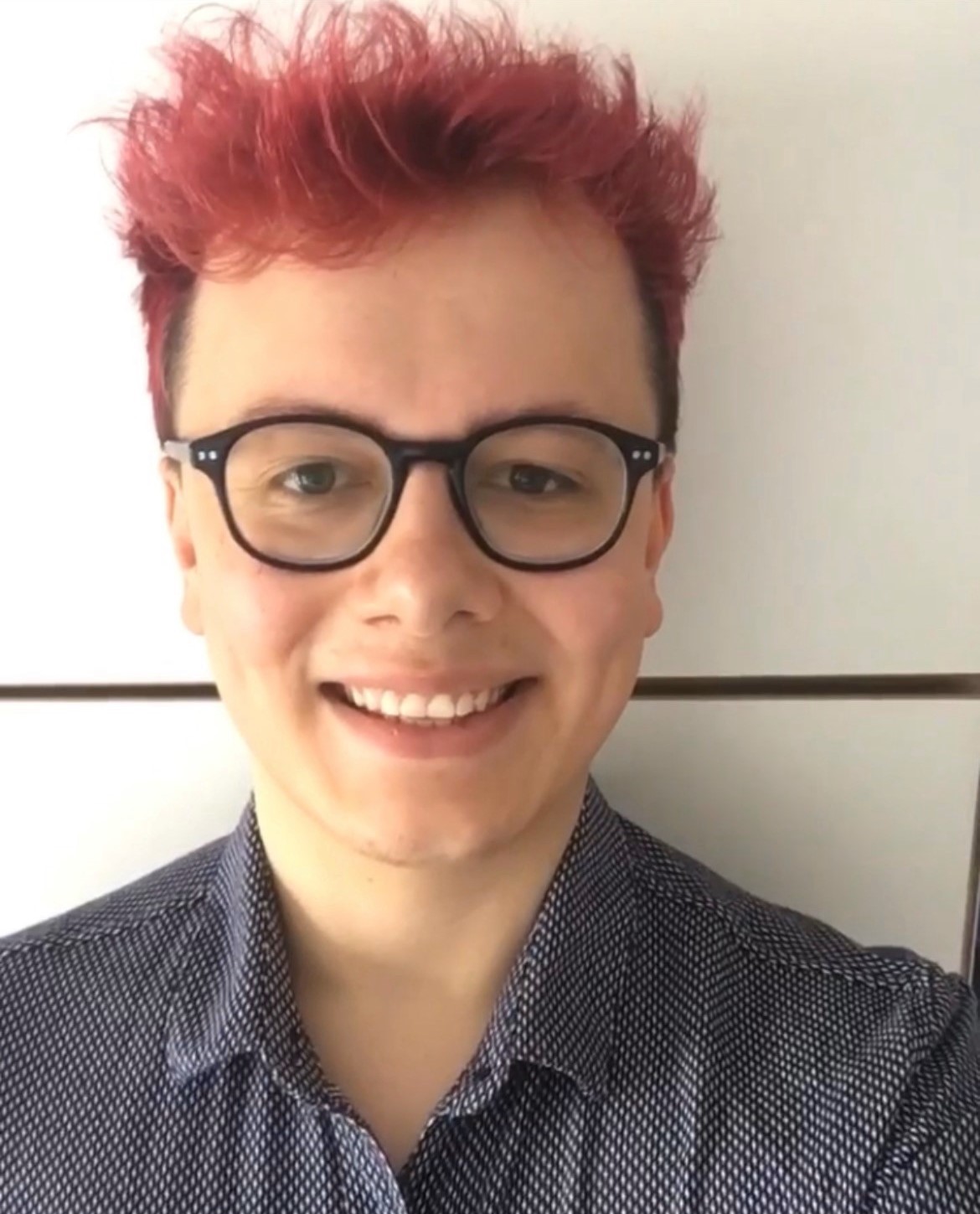MRSpride Stars: Ben Sumner
23 February 2023

Benjamin Sumner (He/Him) is a mixed methods researcher at Kadence International. His background is rooted in academic research in the field of psychology; he holds an MSc in Cognitive Neuroscience from Durham University. Ben is the current champion of equality, diversity and inclusion at Kadence, and is looking forward to hosting a series of Roundtable sessions for MRSpride in 2023, with Maine Charleton from Relish. Ben is also a self-described nerd and happy to talk about anything gaming related!
What do you wish someone had told you at the beginning of my career?
This is a difficult question, as I am still so young, fresh, and beautiful! I wish somebody had told me that it is okay to stop and breathe, that it is not a race. I think I spent the first few months of my career running and racing, when there was no need to get so stressed. I think learning to relax, do the best work that I can do, and treat myself more often has been a learning process for me.
Who do you most admire?
I don’t want to be that person, but I love a bit of Lady Gaga because come on! In the industry, I look up to my colleague Katrin Scheibert. She expertly marries insights with impeccable design work. She is always looking to innovate, always looking for the white space. But most importantly, always has time to check in with colleagues on a personal level. We’re a people-led business, compassion and understanding is so important.
What does a future-fit research world looks like?
I’m going to take inspiration from Josephine Shaw here and agree that research absolutely has to people-focused. People are complex beings, can we really authentically bring them down to a single data point, explaining why they bought a certain brand of toothpaste on a rainy Tuesday in July? It is so interesting when we are able to capture the true voice of the people, and how this can inform really great, and ideally moral, business decisions.
What are you resilience tips for when times get tough?
Definitely speak up. If you don’t tell people that you are struggling, they may not be able to see it. Especially if the issue is not going to resolve any time soon, I think it’s really important to think about whether opening a dialogue about it within the workplace could help you. For me, I always put on a bit of music, go to work in a café. Just give yourself room to breathe.
What is the most amazing or memorable experience you’ve had whilst working in research?
When I joined the industry we were still in the depths of lockdowns! So, I’ve definitely enjoyed the slow blooming of society in the last year or so. I have had the opportunity to travel throughout Europe twice since, and it has been really lovely to start engaging in these in-person events.
Can you share a story you’ve always wanted to tell but never had a chance?
I missed the last train back from London after my first ever MRSpride event. I found a very lovely bench to sleep on right outside of Kings Cross. It was a relaxing evening.
What research project do you wish you had worked on?
Oh my goodness, I would LOVE to work on something within the gaming industry. Nintendo, Sony, Microsoft, hit me up.
What does great leadership look like?
- Doing the work, preparation. I think it shows you care!
- Planting seeds to let talent come forward naturally. Gentle pushes.
- As mentioned, we’re a people led business, humanity!
What is the main challenge to building a more inclusive world?
Being able to shine light on people’s stories without it becoming a topic for debate. It’s about acceptance first. One thing that we focus on a lot in our internal D&I group is:
I’m one person with my lifestyle, community and experience, you are another person. We may be sitting in the same conversation with a 3rd party and perceive that message very differently. I may not take much from that conversation, but you may be offended by something, or cautious to talk to that person again. And the point is, it’s that recognition that your experience is valid, if you feel something it means that it’s real. So taking that further, when somebody says they, for example, use they/them pronouns, just because I personally don’t have that experience, why should I question that person? What purpose does that serve?
If you weren’t doing this, what would you be?
A Pokémon trainer. Or a singer? Or both.
Get the latest MRS news
Our newsletters cover the latest MRS events, policy updates and research news.











0 comments